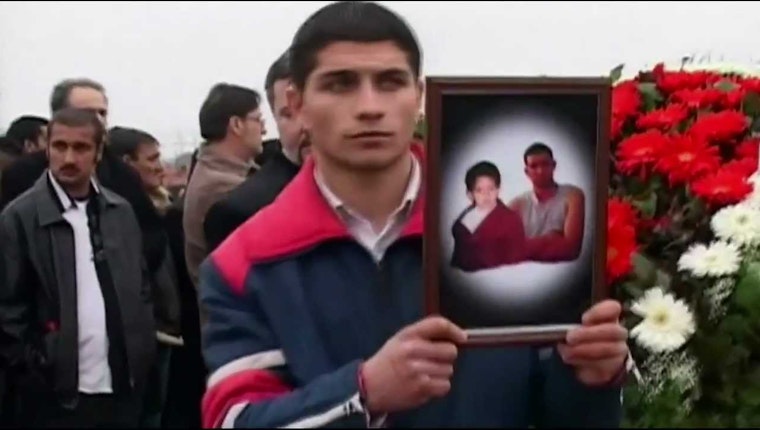In Croatia, a Film Festival Counters Anti-Roma Prejudice
By Renata Cuk

On top of a hill offering a spectacular view of the surrounding Istrian landscape, the small town of Motovun in Croatia hosts a film festival every year. In the late 1990s, the Motovun Film Festival began as an alternative to the heavily nationalistic culture of President Franjo Tuđman’s regime.
The event organizers sought to encourage critical thinking and provide a counter-narrative to the xenophobia deeply entrenched in the public at the time. Quickly gaining popularity among local audiences and the media, the festival became one of the most significant cultural happenings in the Balkans.
The main focus of this year’s festival was the Roma, Europe’s largest minority. The aim was to combat stereotypes about the Roma, especially among young people in Croatia who, recent research shows, are more intolerant of minorities than older generations. The Roma program also served as a platform for young Roma artists, both local and from the wider region, to introduce themselves to audiences and to strengthen networks among themselves. The festival provided additional transportation for members of the Roma community from the surrounding areas, who attended in large numbers.
“Little Mahala,” as the Roma program was called, offered more than 20 Roma movies, 5 concerts, and a variety of performances by Roma artists. Internationally known musicians featured included the Džambo Agušev trumpet orchestra from Macedonia, the Parno Graszt ensemble from Hungary, and Macedonia’s Šutka Roma Rap. Zoran Tairović, painter and a multimedia performer, attracted attention with his street art performance, as did the Albanian conceptual artist Sead Kazanxhiu.
The film program included new documentaries, filmed mostly in Eastern European countries, including the two by Roma filmmakers. Some of the screenings were attended by the filmmakers, such as Bendek Flieguafa (Just the Wind), and Sami Mustafa, who organizes the only Roma film festival in South Eastern Europe.
Many renowned Roma films were screened, including Tony Gatlif’s Latcho Drom and Aaron Yeger’s A People Uncounted (see trailer, above), as well as less well-known documentaries (When the Road Bends, Roma Ball).
As one of the events marking Croatia’s entry into the European Union this year, the president of Croatia awarded the Motovun Film Festival the highest state recognition: the Charter of the Republic of Croatia for Promotion of Cooperation with EU Countries.
Do films like these have the power to provoke change? Igor Mirković, director of the festival, is convinced that audiences left Motovun with new perspectives on the Roma. “Good movies help us understand their main characters,” he says. “After seeing a movie, something that might have appeared foreign and distant can become human and understandable.”
The Motovun Film Festival is supported in part by the Open Society Foundations.
Renata Cuk is a project head at Open Society Initiative for Europe. She is developing and leading the program’s work on economic inclusion in Europe.


